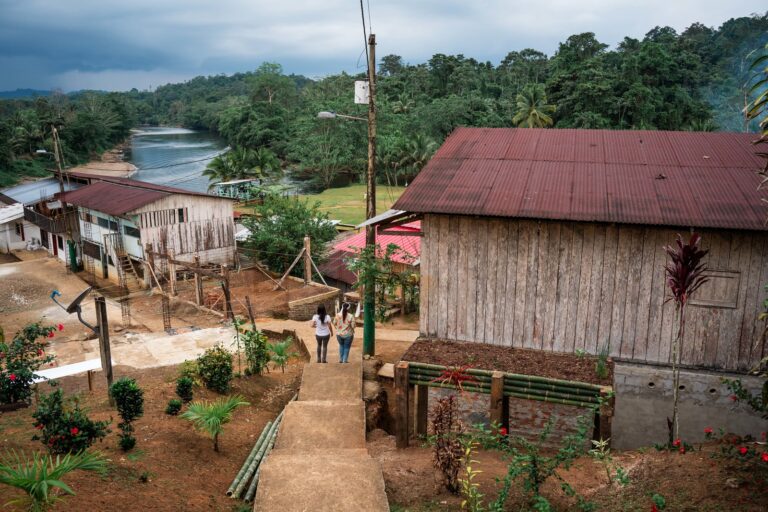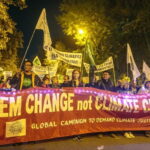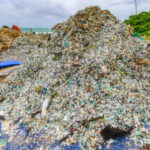A new study finds that Afro-descendant communities in four Amazonian countries are linked to lands with high biodiversity and 29-55% less deforestation compared with protected and unprotected areas. More than 130 million people in Latin America identify as Afro-descendant peoples (ADP), descendants of those forcibly brought to the Americas during the slave trade. “What we try to do here is shed light on [communities] that have been cultural and environmental stewards of their lands for hundreds of years,” Sushma Shrestha, lead author of the study and a social scientist at Conservation International’s Moore Center for Science, told Mongabay in a press conference. The study combined spatial analysis of forests, wildlife and ADP communities with historical land management data to examine the conservation impacts of ADP in Brazil, Ecuador, Colombia and Suriname. In these regions, ADP communities have recognized management rights to nearly 10 million hectares (24 million acres) of land. Although legally recognized ADP lands in the study area cover just 1% of the total region, researchers found they disproportionately support high levels of biodiversity compared with protected areas and unprotected control sites. More than half these lands fall within the top 5% of the most biodiverse regions globally, overlapping with habitat for more than 4,000 species of terrestrial vertebrates, 9% of which are listed as threatened on the IUCN Red List, the researchers note. These lands also contain significantly higher rates of irrecoverable carbon — carbon that if released by land use change will take decades to recover. More…This article was originally published on Mongabay
Search
Recent Research
Want your Blog Article featured on our website?
Research
Featured News
How to Make Your Home More Energy-Efficient in 2026
A practical, future-ready guide for lower bills and a smaller footprint Rising energy prices and
Sustainable Break Rooms: Greening the Office Pantry
Photo by Rodeo Project Management Software on Unsplash A break room may seem like a
Solar-powered AI streetlights to fund coastal highway construction
Nigeria’s long delayed Lagos-Calabar Coastal Highway is set to be rescued by thousands of AI-driven,
Big Data Analytics Enhances Renewable Energy sector
The sun doesn’t send bills, but energy companies using renewable energy do. And to keep
From COP30 to Sri Lanka, indigenous voices shape climate & food sovereignty
COLOMBO — When Indigenous groups converged at the entrance of the U.N. Climate Change Conference
Another threat to reefs: Microplastic chemicals may harm coral reproduction
As the sliver of a new moon shines over Kāneʻohe Bay, Oʻahu, millions of tiny
A Practical Guide to Choosing the Right Organizer Bins Online
Choosing organizer bins sounds simple — until you start comparing sizes, materials, and specs online.
How Lagos traders struggle as styrofoam gradually disappears in markets
Traders have continued to count their losses about five months after the Lagos State Government





